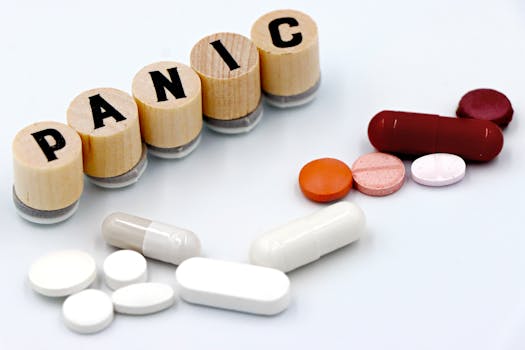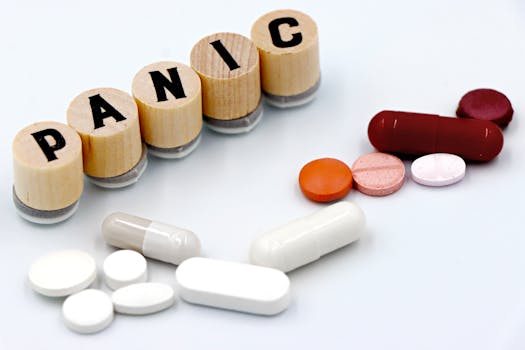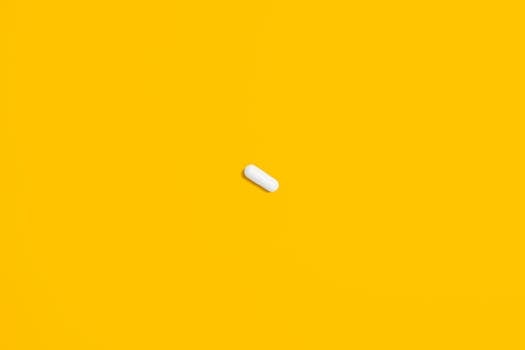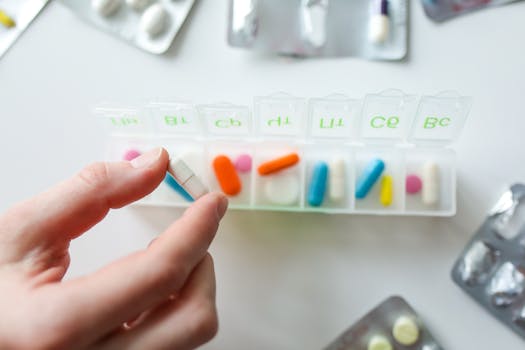Propranolol is a medication often used to manage anxiety symptoms. Many people search for what the appropriate propranolol for anxiety dose is, as finding the right dosage is crucial for effectiveness and safety. This article explores how propranolol works, discusses common dosages, and provides insights into considerations for determining the proper dosage for anxiety management.
Understanding Propranolol for Anxiety Dose
Propranolol is a beta-blocker that primarily treats high blood pressure and heart-related issues. However, its ability to minimize the physical symptoms of anxiety, such as rapid heartbeat, trembling, and sweating, also makes it suitable for anxiety management. The propranolol dosage for anxiety may vary from person to person, requiring careful consideration and guidance from a healthcare provider.
How Propranolol Works
Propranolol functions by blocking the effects of adrenaline, a hormone that triggers ‘fight or flight’ responses in stressful situations. By inhibiting this response, propranolol helps reduce the physical sensations associated with anxiety, allowing individuals to manage symptoms more effectively.
Standard Propranolol Dosage for Anxiety
The propranolol dosage for anxiety often starts at a lower dose to assess tolerance. A common starting point is propranolol dosage for anxiety 20mg taken before anxiety-inducing activities. Depending on response and medical advice, this dose can be adjusted.
Max Dose of Propranolol in 24 Hours for Anxiety
The max dose of propranolol in 24 hours for anxiety generally should not exceed 40mg to 80mg, particularly for those using it situationally for performance anxiety or public speaking. It’s vital that individuals not exceed this dosage without consulting a healthcare provider to avoid potential side effects.
Factors Influencing Propranolol Dosing for Anxiety
Several factors can impact propranolol dosing for anxiety, such as age, weight, overall health, and specific anxiety symptoms. It’s essential to tailor the dosage to the individual’s needs to optimize effectiveness and minimize risks.
Monitoring and Adjusting Dosage
Regular consultation with a healthcare provider is necessary to determine the most suitable propranolol for anxiety dose. Providers may adjust the dosage depending on how well the medication manages the symptoms and the presence of any adverse reactions. Utilizing additional resources, such as [natural approaches to anxiety management](https://wellnesshq.net/mental-health-wellbeing/natural-beta-blockers-for-anxiety-what-to-know/), can also offer complementary strategies.
Considerations and Precautions
When considering propranolol for anxiety, patients should disclose all medications and health conditions to their healthcare provider to prevent interactions and complications. It’s crucial to follow the prescribed plan diligently and seek medical advice if there are concerns about the dosage or side effects.
For more in-depth information about propranolol and its uses, the [Wikipedia article on Propranolol](https://en.wikipedia.org/wiki/Propranolol) provides a comprehensive overview.
Conclusion
Determining the appropriate propranolol for anxiety dose depends on various factors and must be personalized for safety and efficacy. Whether seeking relief from chronic anxiety symptoms or temporary stress, propranolol can be an effective option when used correctly and under medical supervision.
- Propranolol is a beta-blocker used to manage physical anxiety symptoms.
- The starting dose is often 20mg taken as needed before anxiety-triggering events.
- Consult a healthcare professional to determine the max dose of propranolol in 24 hours for specific cases.
- Regular monitoring is necessary to ensure safety and optimal dosing.
- Consider using other strategies alongside medication to manage anxiety effectively.
FAQ
What is the usual starting dose of propranolol for anxiety?
The typical starting dose is 20mg taken before anxiety-inducing situations. Your healthcare provider may adjust this based on response and needs.
Is it safe to take propranolol daily for anxiety?
A healthcare professional should guide the frequency and dosage of propranolol. While some use it daily, others may take it situationally.
Can propranolol cause side effects?
As with any medication, propranolol can cause side effects, including dizziness, fatigue, and slow heart rate. It’s essential to discuss potential risks with your doctor.
How does propranolol compare to other anxiety treatments?
Propranolol primarily addresses physical symptoms of anxiety. It differs from SSRIs or benzodiazepines, which also target psychological aspects, making it suitable for performance-related anxiety.
Should I combine propranolol with other anxiety therapies?
Integrating propranolol with therapy or lifestyle changes can enhance overall anxiety management. It’s best to devise a comprehensive plan with a healthcare provider.






